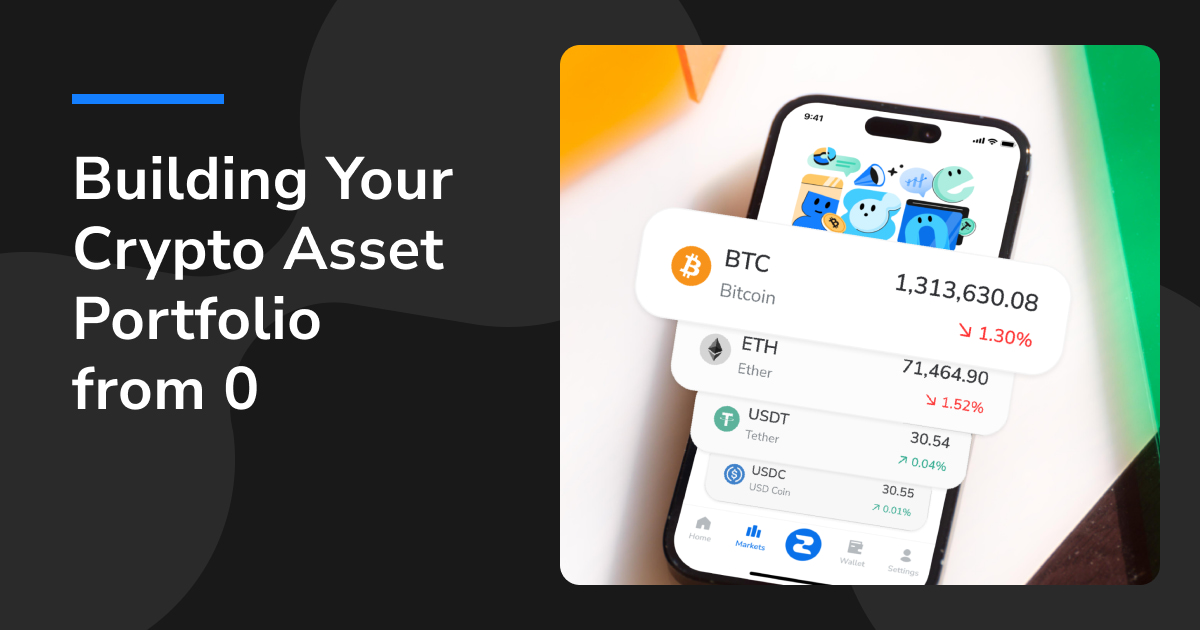Who’s Accumulating Bitcoin? Strategic Reserve Thinking from Nations to Corporations

What Is a Bitcoin Reserve Strategy?
When you hear "strategic reserves," you might think of oil, gold, or foreign currency. But as global finance evolves and Bitcoin’s status rises, more countries and companies are adding Bitcoin to their asset portfolios. This is what we call a Bitcoin Reserve Strategy.
Simply put, a Bitcoin Reserve Strategy involves holding Bitcoin to achieve long-term economic or financial goals—such as hedging against inflation, reducing exposure to the U.S. dollar, or enhancing financial sovereignty.
National Bitcoin Reserve Strategies
El Salvador: The World’s First “Bitcoin Nation”
In 2021, El Salvador shocked the world by becoming the first country to adopt Bitcoin as legal tender. President Nayib Bukele didn’t stop at enabling BTC payments—he also directed the treasury to regularly purchase Bitcoin as part of the nation’s reserves.
As of mid-2025, El Salvador holds over 6,000 BTC, valued at over $700 million. These holdings come from both weekly purchases and investment profits.
Advantages
1. Reducing dependency on the U.S. dollar (El Salvador has no national currency)
2. Attracting tourism and foreign investment through Bitcoin
3. Using BTC as a hedge against inflation and a fiscal asset
4. Raising funds and visibility through innovations like the “Volcano Bonds”
Challenges
• The IMF has warned of high financial risks
• Low domestic adoption of Bitcoin
• BTC price volatility could impact national credit ratings
Summary:
El Salvador is taking a high-risk, high-reward approach—treating Bitcoin as a national-level investment asset and branding tool.
Bhutan: Mining Its Way to a National Bitcoin Reserve
Unlike El Salvador’s public stance, Bhutan has adopted a quieter, more pragmatic strategy. Leveraging its abundant hydropower resources, Bhutan began large-scale Bitcoin mining as early as 2019—adding the mined BTC directly to national reserves.
Public records show that Bhutan has accumulated over 13,000 BTC, surpassing the gold reserves of some mid-sized nations.
Advantages
• No treasury funds needed—Bitcoin is earned via electricity
• Converts excess hydropower into a valuable exportable asset
• Prepares for the digital economy while reducing reliance on the Indian rupee
Challenges
• Heavy mining briefly caused foreign reserves to drop
• BTC volatility still affects national asset stability
• Scaling mining operations must be balanced with energy policy and social needs
Other Countries and Central Banks
Besides these key examples, new national-level developments emerged in 2025:
United States: While not actively buying Bitcoin, the U.S. government holds nearly 200,000 BTC from law enforcement seizures. In 2025, it announced plans to include them in a “strategic asset ledger” for cold storage.
Central African Republic: Briefly followed El Salvador’s lead in adopting BTC as legal tender, but poor infrastructure and global pressure hindered progress.
Taiwan: Due to volatility concerns, Taiwan has not included BTC in its official reserves.
According to central bank surveys, most countries are still reluctant to hold Bitcoin as an official reserve asset. However, more governments are monitoring Bitcoin ETFs, international settlements, and modern asset management methods—potentially paving the way for future institutional adoption.
Corporate Bitcoin Reserve Strategies
MicroStrategy
MicroStrategy is currently one of the largest Bitcoin-holding public companies. Since 2020, CEO Michael Saylor has publicly declared Bitcoin to be “digital gold” and an effective hedge against inflation and fiat depreciation. The company has poured nearly all of its surplus capital into Bitcoin.
By mid-2025, MicroStrategy holds over 620,000 BTC—roughly 3% of Bitcoin’s total circulating supply. The company has even issued bonds and new shares to buy more, positioning BTC as a core element of its long-term strategy.
Advantages
• Hedge against cash devaluation and low interest rates
• Enhances shareholder returns
• Positions the company as a "Bitcoin tech stock"
• Attracts Bitcoin-aligned capital and investors
Challenges
• Severe unrealized losses during BTC price dips
• Leverage increases volatility risk
• Stock price is tightly correlated with Bitcoin’s price
Tesla
Tesla is another well-known case. In 2021, Elon Musk revealed the company had purchased $1.5 billion worth of Bitcoin and briefly allowed car purchases with BTC—causing prices to surge.
A few months later, Tesla sold about 75% of its holdings, citing the need to preserve cash amid uncertainty in the Chinese market. As of early 2025, Tesla still holds around 11,500 BTC, but no longer actively accumulates.
This approach highlights:
1. Diversification & branding were initial motives
2. Liquidity management & operational risk drove the partial exit
3. Flexible holding reflects BTC as a financial asset, not a core business element
For Tesla, Bitcoin is just one piece of a broader asset strategy—not a central focus.
Bitcoin Reserve Strategy: Benefits & Risks
Advantages
• Asset Diversification Tool: Compared to fiat, gold, or foreign reserves, Bitcoin offers a decentralized, scarce alternative.
• Inflation Hedge: With a fixed supply of 21 million BTC, it can help preserve value amid fiat currency depreciation.
• Potential for Value Growth: Historically, Bitcoin has seen massive appreciation—making it attractive for long-term investors.
• Sovereignty & Policy Motivation: Countries like El Salvador and Bhutan view BTC reserves (and mining) as a path to greater financial independence from the U.S. dollar.
Challenges
• Volatility: BTC’s short-term price swings can disrupt financial statements, national budgets, and corporate earnings—even if long-term outlook is bullish.
• Regulatory Uncertainty: Bitcoin’s legal status varies globally. Policies could shift, and holders may face tax, accounting, or disclosure issues.
• Custody & Cybersecurity: Self-custody is risky—lost private keys or hacks could result in permanent losses.
• Decentralization Risks: With no central control, market crises (e.g., exchange collapses, mining centralization) lack immediate backstops.
• Geopolitical & Reputation Risk: At a national level, embracing Bitcoin may be seen as challenging the USD system; for corporations, it can trigger ESG scrutiny or brand risk.
Global Trends & Outlook
• De-dollarization & Reserve Diversification: Central banks are increasingly buying gold and reducing dollar exposure.
• Institutionalization via ETFs: With U.S. spot Bitcoin ETFs approved, asset managers like BlackRock and Fidelity are entering en masse—lowering compliance and custody barriers.
• Accounting Standards Update: From 2025, U.S. GAAP allows crypto to be marked at fair value—enabling firms to report BTC gains, encouraging more public companies to adopt it.
• Growing Digital Asset Awareness: As CBDCs and blockchain adoption grow, more governments and financial officers now see Bitcoin as a strategic reserve—beyond mere speculation.
Conclusion
Signs in 2025 suggest Bitcoin is moving from a fringe asset to a central topic in strategic finance. While it's not yet widely featured on national balance sheets or corporate treasuries, its status as “digital gold” is gaining global recognition.
Will Bitcoin eventually become a standard reserve asset for central banks? Will we see more “Bitcoin nations” or “Bitcoin-native corporations”? Time will tell—but the momentum is clearly building.
🚀 Ready to get started? Register with ZONE Wallet today and invest with peace of mind!
[download-app]
ZONE Wallet
ZONE Wallet is a blockchain investment gateway designed for Taiwanese users. It combines full regulatory compliance, cutting-edge security, and TWD transaction support, with a mission of making “every crypto transaction safe and secure.” Start building your crypto portfolio with ease—today.Investing in virtual assets carries risks related to price volatility and liquidity. The above content is for reference only and does not constitute any financial advice. Please carefully assess your financial situation before investing and be cautious of potential fraud.









